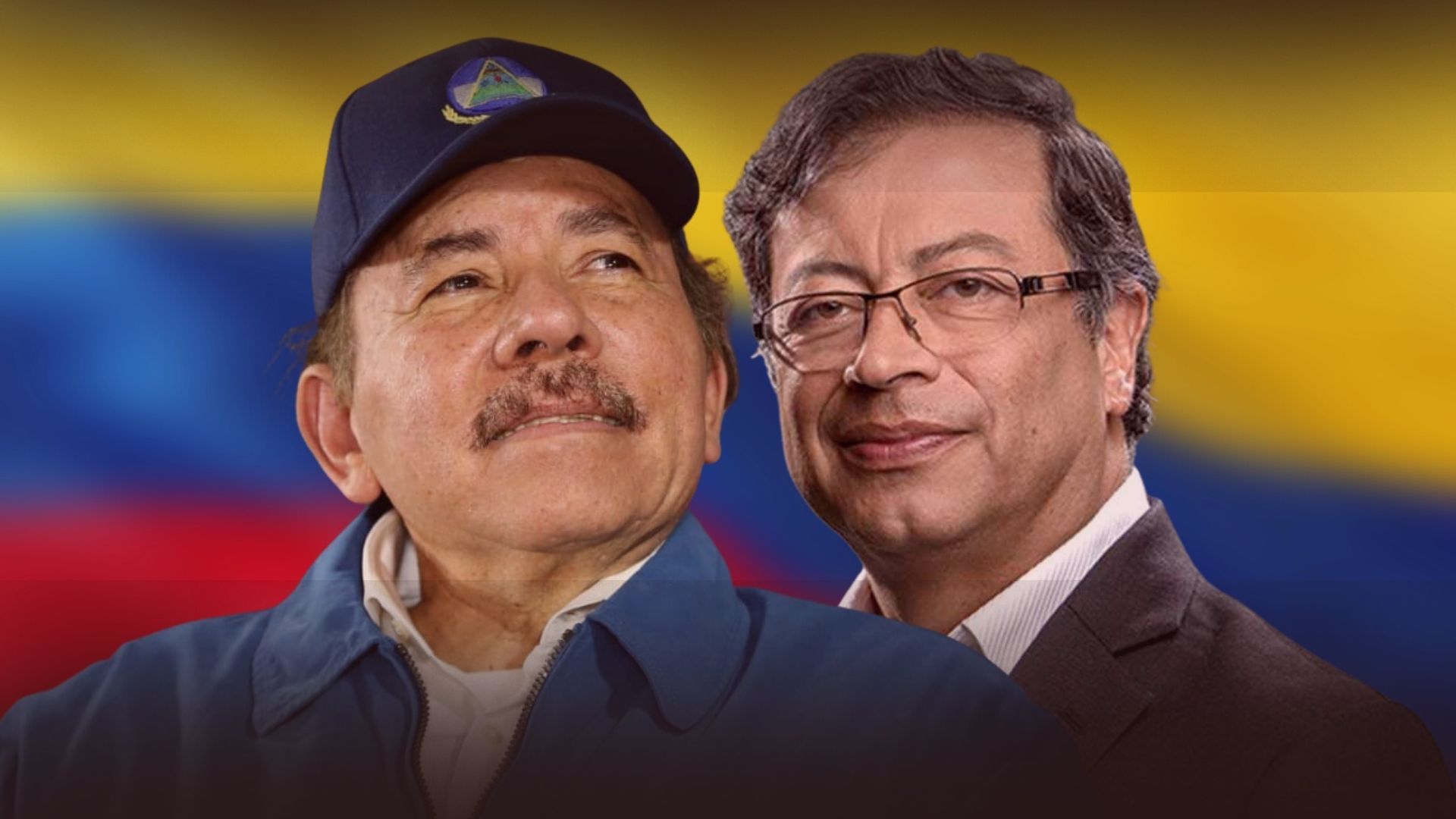AND
l recognition of critics and specialists to the proper functioning of the government regularly leads to the generation of an acceptable climate of citizen confidence. But this phenomenon, eminently political, is not always so comprehensive. Perhaps his characterization should be sociopolitical. Although, with greater particularity, it is a political-financial matter. Trust from whom or whom and for what reason? Through this line of reasoning, numerous confidence scales are proposed. And in the same number of situations, points are originated on which that same feeling is rooted, which, many times, pretends to be primordial. It doesn’t matter that, with the same regularity as before, it is presumed that only a select few resent it: investors in particular. The climate of trust can be made more extensive and cover not only the field of investment, but also affect transcendental angles, such as governability. But trust (or mistrust) can be extended a little further to touch on aspects as sensitive as collective survival. It can even be placed before immense risks such as stability, independence or the one that conditions the so-called failed states.
A few days ago, the German government nationalized three large refineries belonging to the Russian company Rosneft. The German chancellor argued energy emergencies unleashed as a result of the Ukrainian-Russian war. The truth is that Germany’s dependence on Russian hydrocarbons (cheap and abundant) is somewhat more than alarming. This measure is part of the series of punishments -called Western- that have been followed after the serious acts of war. Such punitive agreements were designed by the United States and the European Union (and other nations) against Russia. It is about affecting its economy to the point of making the aggression undertaken against Ukraine impossible. Refineries are not just any industrial good. They are huge and valuable conglomerates that process Russian crude for the German economy. Such a crucial measure has gone completely unnoticed by world critics. No one has gotten involved in preaching the almost obligatory drift into discouragement and increased distrust that would settle in the investment centers. It seems that an intervention of this type, always classified as arbitrary, against the company and capital, occurred in the deepest vacuum. What has happened to investments, local or foreign in Germany? Has the local stock market crashed? Have the shares of German companies been devalued on those stock exchanges? Do experts visualize some major or generalized crisis? Has the economy been downgraded? None of this has happened. Not even a claim has been heard from those affected. Will the criteria that sound the alarms of care, panic or occasional prevention be changing? Neither has been the case. Something truly strange has happened then. For much less expropriated value in Cuba, a blockade was implanted and laws applicable extraterritorially were issued.
Accustomed as we are, in this country and surroundings, to draw attention and unleash a polyphony of opinions in the face of any measure that may affect investments, even tangentially or slightly, there would already be a resounding concert of widespread criticism and exemplarity. But, it is repeated: none of that followed the violent German decision. It seems, then, that the rules for measuring trust are applied in a discretionary and selective manner. The economies of countries are excluded from the critical vicissitudes advanced
. Different guidelines are followed for them.
Let us then capitulate some of the episodes that have recently affected confidence in Mexico. More precisely, any action or simple rumor of possible setbacks in that ethereal zone of credibility, good behavior and security. Almost immediately, it comes face to face with the joyful position of the national broadcasting group, be they commentators, supported by the so-called specialists or, with similar intensity and frequency, the media themselves. It is these estates that originate opinions of alarm and launch slogans of misfortunes to occur. They are the ones who insist on the loss of confidence, on the damage to investors, on the loss of future investments. And, with an unusual critical spirit, they launch the slogans of distancing themselves from the chosen path or route. He is going the wrong way!, he cries out with total solvency. It is, without a doubt, this kind of fuss that inhibits support from a large part of the local capital, extremely fearful. The outside investor usually follows different rules and doesn’t run away as easily either.








